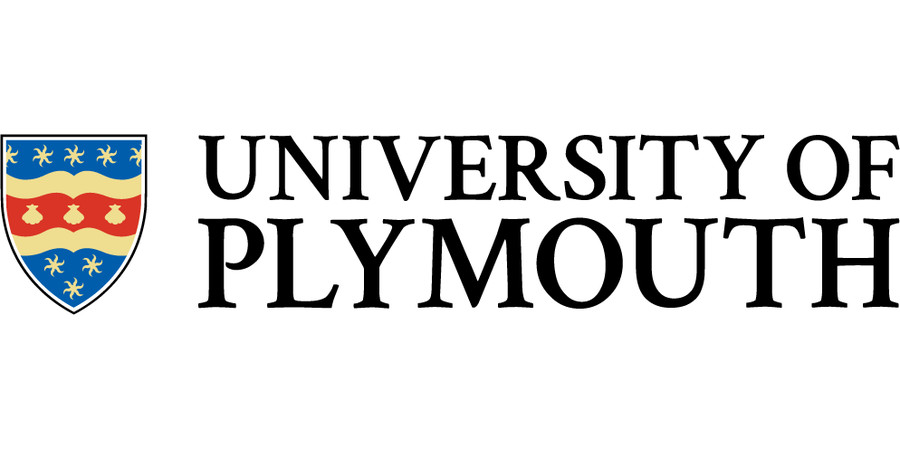PhD Studentship: Quantum computing in strong electromagnetic fields
University of Plymouth - Mathematics and Statistics
| Qualification Type: | PhD |
|---|---|
| Location: | Devon, Plymouth |
| Funding for: | UK Students, EU Students, International Students |
| Funding amount: | The studentship is supported for 3.5 years and includes Home tuition fees plus a stipend of £20,780 per annum 2025-26 rate |
| Hours: | Full Time |
| Placed On: | 27th February 2025 |
|---|---|
| Closes: | 28th March 2025 |
DoS: Dr Ben King (b.king@plymouth.ac.uk)
2nd Supervisor: Professor Matthew Wing (m.wing@ucl.ac.uk)
3rd Supervisor: Dr Barry Dillon (b.dillon@ulster.ac.uk)
Applications are invited for a 3.5-year PhD studentship.
The studentship will start on 1st October 2025.
Project Description
Quantum entanglement is the underlying physical mechanism that allows the construction of quantum computers. Recent activity in particle physics is investigating entanglement at high energies, in extreme environments and for new systems. The PhD project will extend these studies to intense electromagnetic background fields such as those found in beam-beam collisions and in the collision of electrons and photons with laser pulses.
Particle-laser collisions will be realised experimentally by the LUXE collaboration at DESY as well as at several emerging high power laser facilities including Vulcan-20-20 at Rutherford Lab (STFC). The LUXE collaboration comprises over 25 institutes from around Europe, with Plymouth leading the theory work package. It is envisaged that some of the results of the PhD work will be applied within LUXE, which is a partner on the project. It is also envisaged that modern machine learning techniques to assess the likelihood of simulated data will form an important part of the project. For this reason, experts at the Intelligent Systems Research Centre (ISRC) in Ulster are also partners on the project.
The Plymouth High Intensity QED (PHIQED) group is led by faculty members: James P Edwards, Tom Heinzl and Ben King and currently hosts three postdocs and a PhD student. It has research links with a number of relevant facilities (including DESY, ELI-Beamlines, HIBEF, NA63, NSF OPAL) and is a member of the UK High Power Laser forum.
Eligibility
Applicants should have a first or upper second class honours degree in an appropriate subject and preferably a relevant Masters qualification. Applications from both UK and overseas students are welcome.
The studentship is supported for 3.5 years and includes full Home tuition fees, Bench fee plus a stipend of £20,780 per annum 2025/26 rate. The studentship will only fully fund those applicants who are eligible for Home fees with relevant qualifications. Applicants normally required to cover International fees will have to cover the difference between the Home and the International tuition fee rates. The international component of the fee may be waived for outstanding international applicants.
There is no additional funding available to cover NHS Immigration Health Surcharge (IHS) costs, visa costs, flights etc.
NB: The studentship is supported for 3.5 years of the four-year registration period. The subsequent 6 months of registration is a self-funded ‘writing-up’ period.
If you wish to discuss this project further informally, please contact:
Dr Ben King (b.king@plymouth.ac.uk).
To apply for this position please click the Apply button above.
Please clearly state the name of the studentship that you are applying for on your personal statement.
Please see here for a list of supporting documents to upload with your application.
For more information on the admissions process generally, please contact:
research.degree.admissions@plymouth.ac.uk
The closing date for applications is 12 noon on 28th March 2025.
Shortlisted candidates will be invited for interview shortly thereafter. We regret that we may not be able to respond to all applications.
Applicants who have not received a response within six weeks of the closing date should consider their application has been unsuccessful on this occasion.
Advert information
Type / Role:
Subject Area(s):
Location(s):









